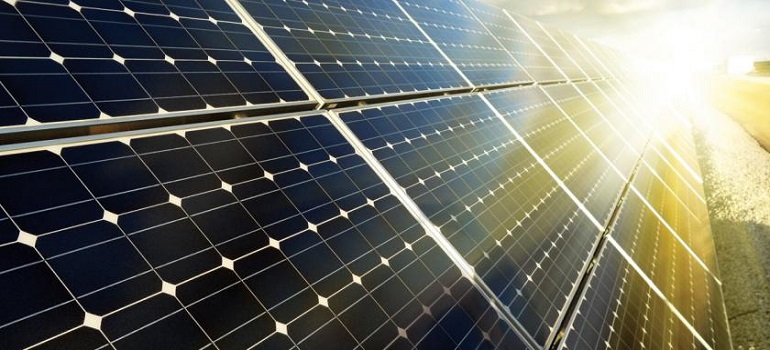
Tata Power, India’s largest integrated power company, today announced the commissioning of a 30 MW solar power plant in Palaswade, developed by its wholly owned subsidiary, Tata Power Renewable Energy Ltd. (TPREL). The plant will produce over 62 million KWH annually (over 6.2 crore units) of solar power, covering the annual energy needs of over 14000 Indian households. The solar plant, spread over 140 acres, is located at Palaswade village in Maan taluka, in Satara district, Maharashtra.
The newly commissioned solar plant adds to its growing renewable energy portfolio. The plant will be maintained in an ecofriendly manner using rain water harvested trough the construction of check dams, as Maan taluka is a water-scarce drought-prone region in Maharashtra. The additional water collected will be made available for irrigation and other uses that will benefit the local community. The 30 MW solar plant uses domestically manufactured Crystalline Silicon Photo-Voltaic modules.
Speaking on the commissioning, Rahul Shah, CEO, Tata Power Renewable Energy Limited, said, “We aim to create a focused renewable energy business in TPREL with a sustained growth trajectory. The commissioning of the 30 MW solar power plant at Palaswade marks a milestone in our drive, to grow our portfolio of clean and renewable energy generation. We would like to thank the Government of Maharashtra, Maharashtra State Electricity Transmission Company Limited, Maharashtra State Electricity Distribution Company Limited, Maharashtra Energy Development Authority, the local community and authorities and all our stakeholders for the support extended in setting up this solar power project at Palaswade. We are proud of our staff for proactively caring for the community through the construction of check dams to harvest, use, and make rain water available to the community.”
The commissioning of the 30 MW Solar Power plant in Palaswade further underlines Tata Power’s emphasis on the development of clean energy generation from renewable sources to balance the carbon emissions from fossil fuel based generation capacity while contributing towards the energy security of the country.

